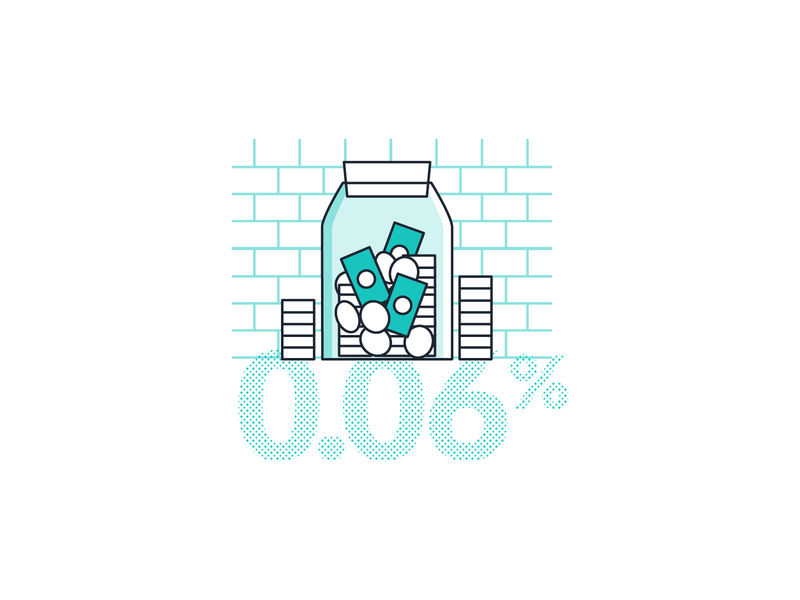The Repercussions Of Stopping Working To Fulfill Efficiency Bond Responsibilities
The Repercussions Of Stopping Working To Fulfill Efficiency Bond Responsibilities
Blog Article
Material Author-
When a guaranty problems a performance bond, it guarantees that the principal (the party that purchases the bond) will meet their obligations under the bond's terms. If the major stops working to meet these commitments and defaults on the bond, the guaranty is accountable for covering any kind of losses or problems that result.
1. Loss of reputation: Defaulting on a performance bond can harm the principal's online reputation and integrity, making it more difficult to protect future business or financing.
2. simply click for source and management expenses: The surety might need to pay lawful and administrative prices related to pursuing the principal for damages or attempting to rectify the scenario.
3. Economic losses: The guaranty might need to cover the cost of completing the job or supplying the solutions that the principal failed to supply. This can lead to significant financial losses for the guaranty.
4. Increased costs: If the principal has a history of defaulting on performance bonds, they might be called for to pay higher costs in the future to obtain the required bonding.
Generally, back-pedaling a performance bond can have severe monetary effects for both the principal and the surety. It is very important for principals to very carefully consider their obligations and ensure they have the ability to fulfill the regards to the bond to prevent these adverse results.
Defaulting on an efficiency bond can be a costly error for companies. When you fail to meet the bond's obligations, the monetary effects can be considerable. From paying the full bond total up to prospective legal battles and damaged partnerships, the repercussions can resound throughout your company procedures. Recognizing the elaborate web of monetary effects that defaulting on an efficiency bond can have is vital for protecting your firm's economic health and wellness and credibility.
Financial Penalties for Defaulting
If you default on a performance bond, you'll likely encounter significant punitive damages. These penalties can differ depending on the terms of the bond arrangement yet typically involve paying the bond amount in full to the obligee. This suggests that if you fall short to satisfy your contractual obligations, you should pay the bond amount to the task proprietor or the entity that needed the bond.
Additionally, you may also be in charge of any additional costs incurred by the obligee due to your default, such as locating a substitute professional or covering job hold-ups.
Defaulting on an efficiency bond can additionally result in legal charges and court costs if the obligee chooses to take lawsuit against you to recover the bond amount. These expenses can promptly build up, more aggravating the monetary impact of your default. It's vital to meticulously examine and comprehend the regards to the efficiency bond to prevent these severe financial penalties.
Impact on Service Cash Flow
Back-pedaling an efficiency bond can dramatically influence your service cash flow, impacting monetary stability and operational capacities. When you back-pedal a performance bond, you run the risk of losing the bond amount, which can be a considerable sum. This loss directly influences your cash flow, as you'll require to discover alternate sources of funding to cover the bond amount. In addition, skipping can result in boosted scrutiny from sureties, making it more challenging and much more expensive to secure bonds in the future. This can better stress your capital as you may need to allocate extra resources to meet bonding needs.
The influence on your capital doesn't stop there. Back-pedaling an efficiency bond can likewise cause project hold-ups or terminations, leading to a loss of revenue. In addition, the negative reputation that features defaulting can deter prospective clients, better minimizing your capital. Overall, back-pedaling an efficiency bond can have detrimental impacts on your business's monetary health and capacity to operate efficiently.
Legal Ramifications and Claims
Dealing with legal implications and prospective suits as a result of defaulting on an efficiency bond can substantially influence your service's track record and economic standing. When you back-pedal an efficiency bond, the guaranty business may take lawsuit to recoup the bond amount paid. This could lead to costly lawful charges, court costs, and potential negotiations or judgments versus your business.
Furthermore, back-pedaling an efficiency bond might result in harmed connections with customers, subcontractors, and distributors, affecting your capability to protect future agreements. Suits occurring from bond defaults can taint your organization's integrity in the sector, making it testing to attract new partners or clients.
In addition, if the default results in a court judgment against your company, it might result in possession seizure or liens, further straining your monetary security. For that reason, it's vital to understand the lawful effects of back-pedaling an efficiency bond and take proactive actions to alleviate the dangers entailed.
Conclusion
As you deal with the effects of back-pedaling a performance bond, remember this: it resembles walking a tightrope without a safety net. One wrong action can send you dropping right into a monetary freefall, with no means to quit the fall.
The punitive damages, cash flow impact, and lawful ramifications are all waiting to catch you if you blunder. So step carefully, and always honor your dedications to stay clear of the harsh repercussions of default.
